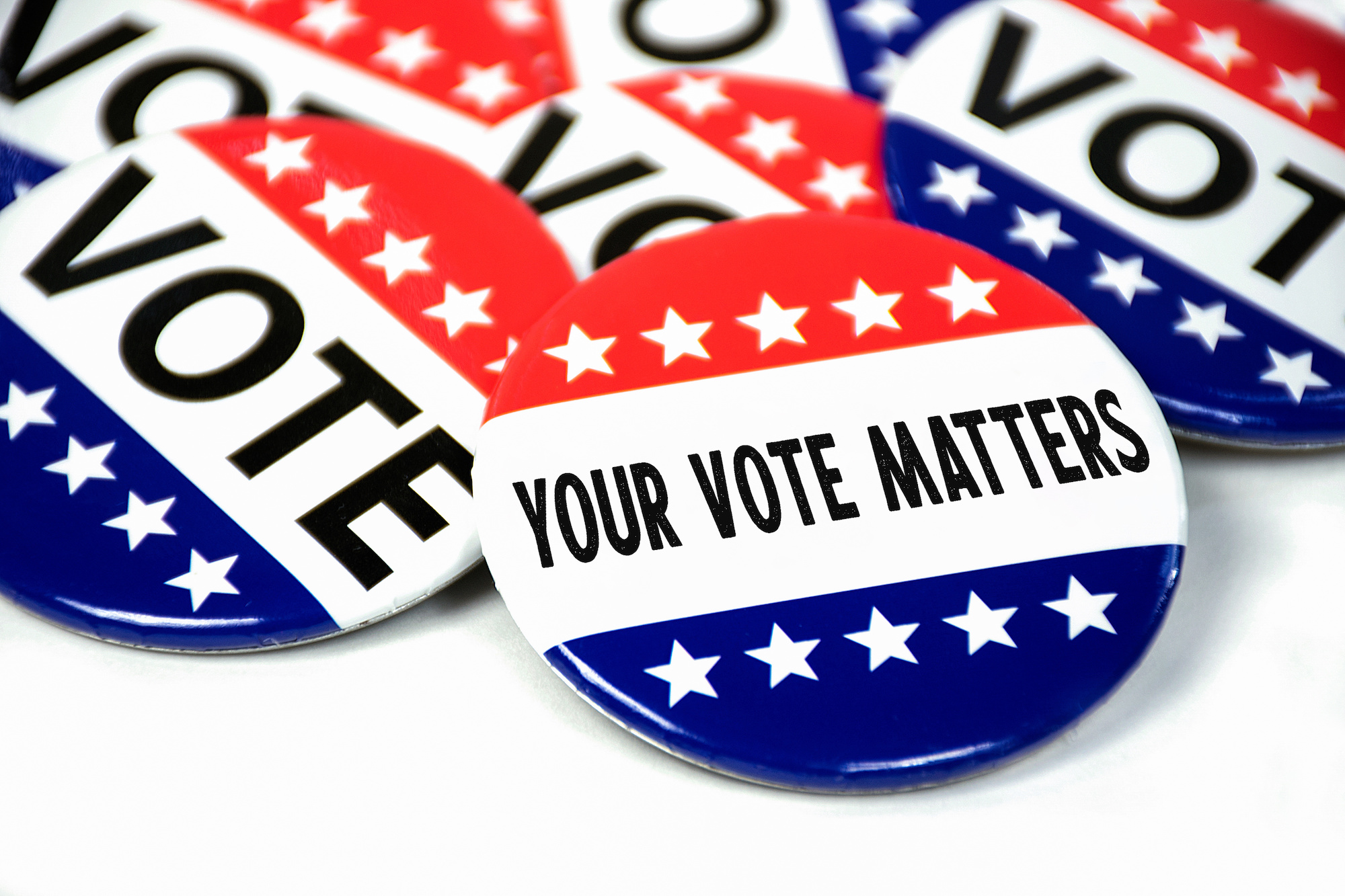One of the main reasons territories have agitated for statehood in the past, and one of the main reasons Puerto Rico needs statehood today, is for voting rights. Residents of Puerto Rico do not have the same voting rights as the rest of the citizens of the United States.
Presidential elections
First of all, people living in Puerto Rico cannot vote in presidential elections. This is obviously unfair. The men and women from Puerto Rico who serve in the military cannot vote for their Commander in Chief. How can that be right?
The President of the United States is not elected directly by the popular vote. Instead, each state sends an Elector to the Electoral College, and the states’ Electors vote on behalf of their states.
But the importance of this fact is not just a question of abstract justice. The fact that people living in Puerto Rico cannot vote for their president affects daily life, too. How?
Presidents pay attention to the people who can vote for them. They campaign in https://www.pr51st.com/puerto-rico-an-the-electoral-college/states where the outcome is uncertain — swing states. Puerto Rico elects both Democrats (like the current governor) and Republicans (like the current Resident Commissioner). This suggests that Puerto Rico will be a swing state. Presidents court the voters in swing states and notice their needs. Perhaps they shouldn’t; most U.S. presidents say that they want to be the president of all Americans, and it probably should not matter whether a U.S. citizen lives in a swing state or not. But it does. As residents of a swing state, the people of Puerto Rico would have much more political influence than they have now.
Members of Congress
As a state, Puerto Rico would have about four Members in the House of Representatives. As a territory, Puerto Rico has just one. This person, whose title is Resident Commissioner, cannot vote on laws. She can serve on committees and introduce legislation, speak on the floor of the House and otherwise represent her constituency, but she cannot vote. She will not even be able to vote on the Puerto Rico Status Act, even though that obviously affects her constituency more than any other.
Clearly, Puerto Rico does not have an equal voice in American democracy as the states. When a law will affect Puerto Rico, the territory of Puerto Rico has one representative to speak up, and no votes. ASs a state, Puerto Rico would have several voting members. The inability to vote for full-fledged Members of the House is a drawback for residents of Puerto Rico.
Senators
If the situation in the House is unfair, the situation in the Senate is even worse. Residents of Puerto Rico cannot vote for their senators because Puerto Rico has no senators. When the Senate meets, there is nobody in the room with Puerto Rico’s interests top of mind. Each state has two senators, and each of those senators quite naturally is working for the betterment of his or her own state.
Every federal law must be passed by both the House and the Senate. Puerto Rico is subject to federal laws, but has no voice in the senate at all. Again, this is manifestly unfair.
Votes=influence
If Puerto Rico had these votes, the outcomes might not be different. That is, the votes from Puerto Rico might not mean that a different person would become president or that different laws would be passed. We don’t know.
We do know that Puerto Rico would have much more political power and influence as a state. Congress makes all the decisions for Puerto Rico. The 10th amendment does not apply to territories. Puerto Rico is subject to Congress and has a very limited voice there.
This situation must change. It should change because it is unjust and unAmerican. But it should also change because the daily lives of people living in Puerto Rico are affected by the territory’s lack of voting rights. Tell your legislators that you want them to cosponsor the Puerto Rico Status Act, and #letPuertoRicodecide.








No responses yet